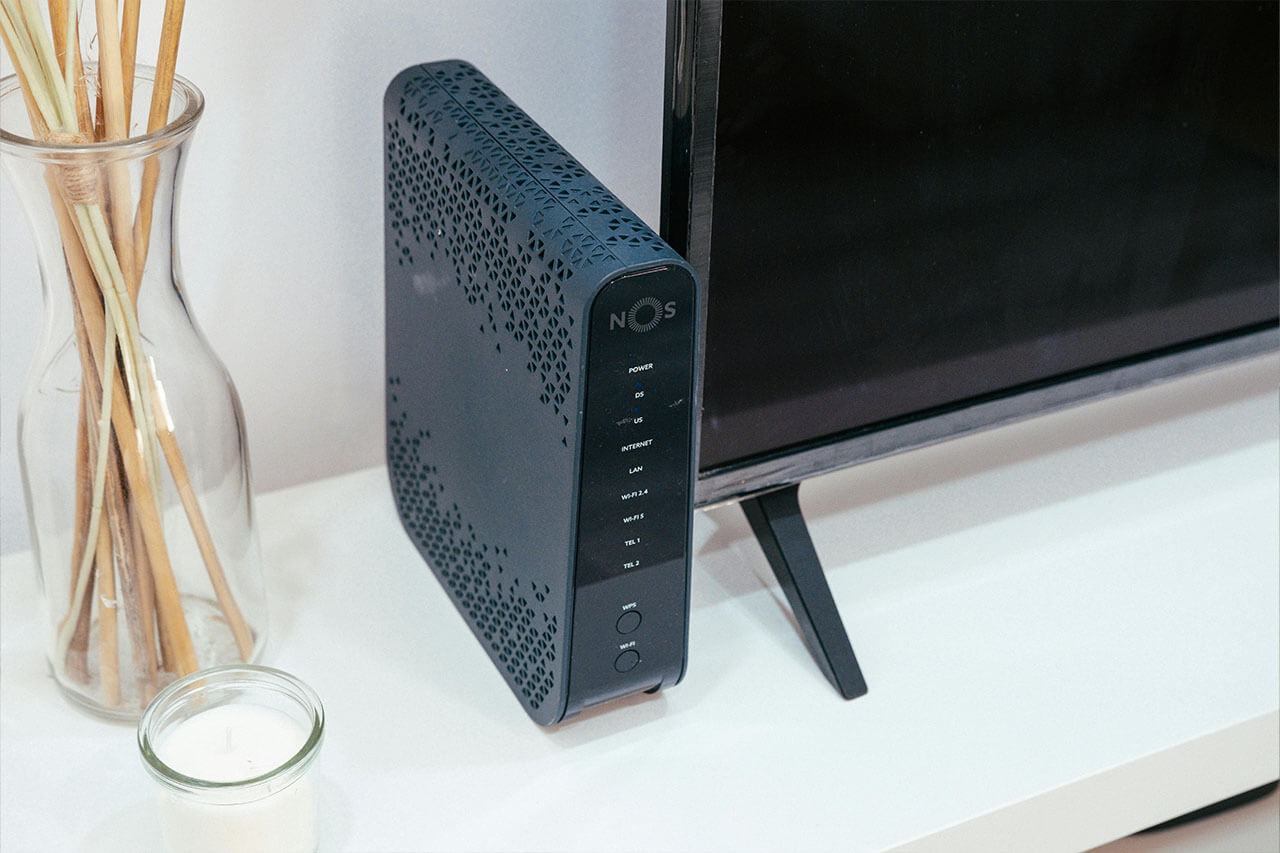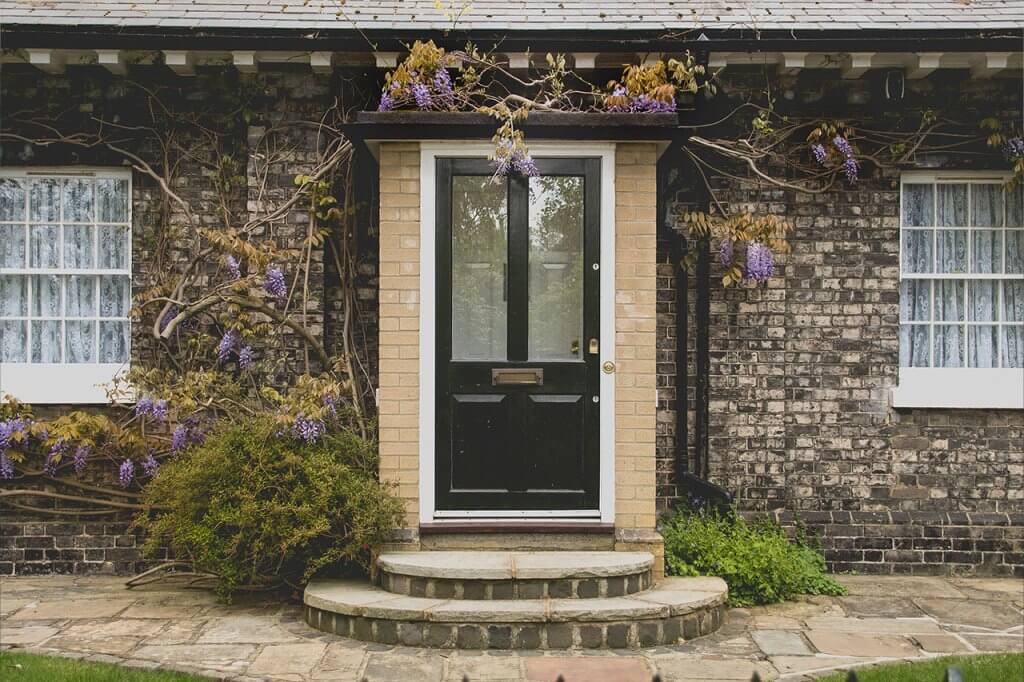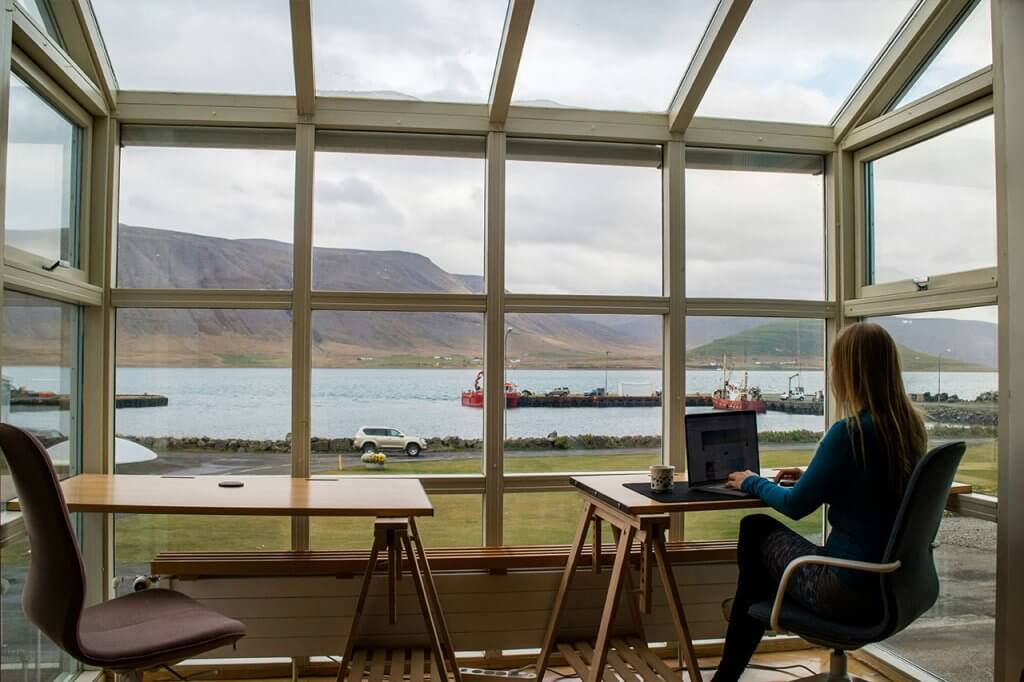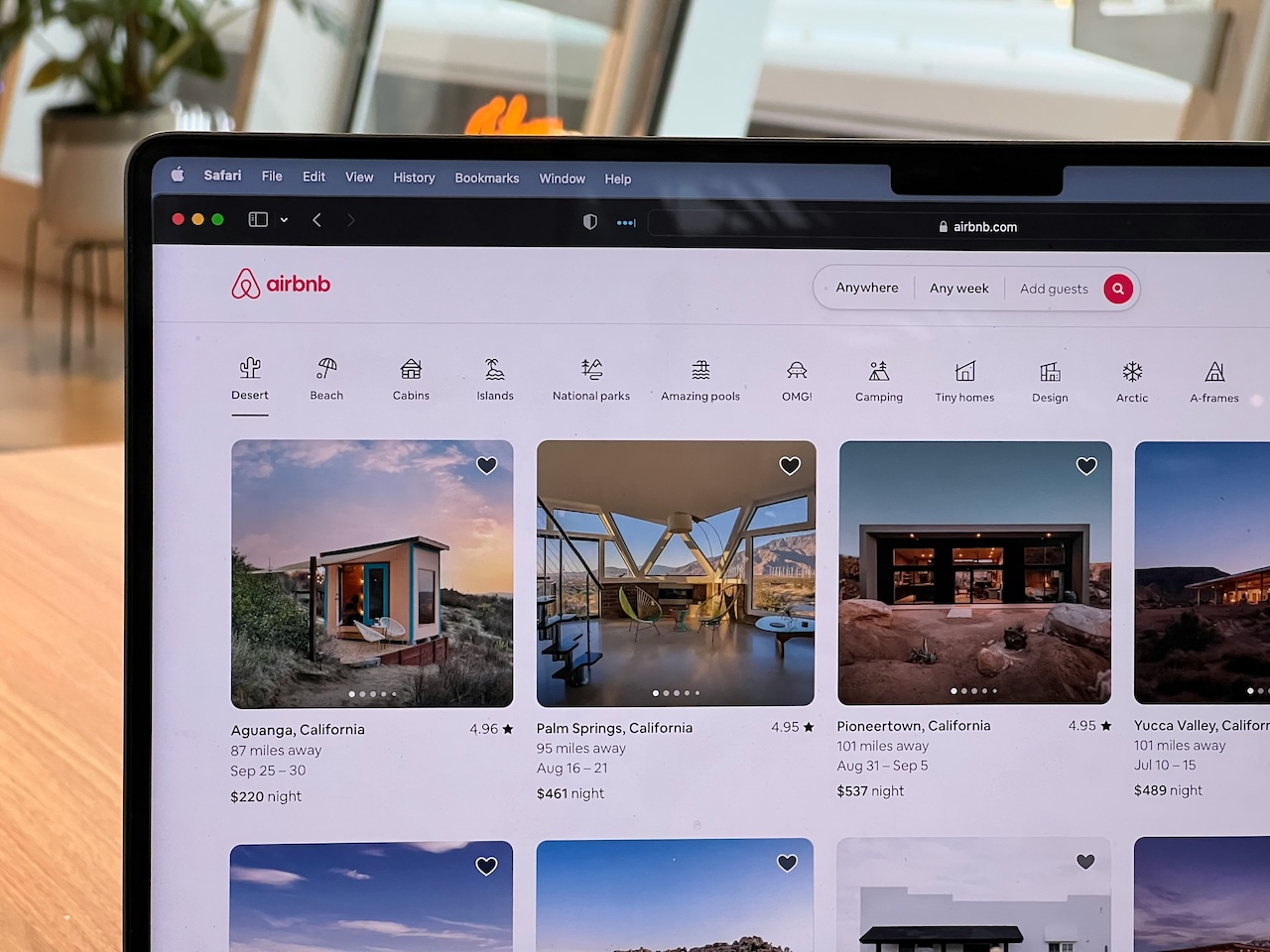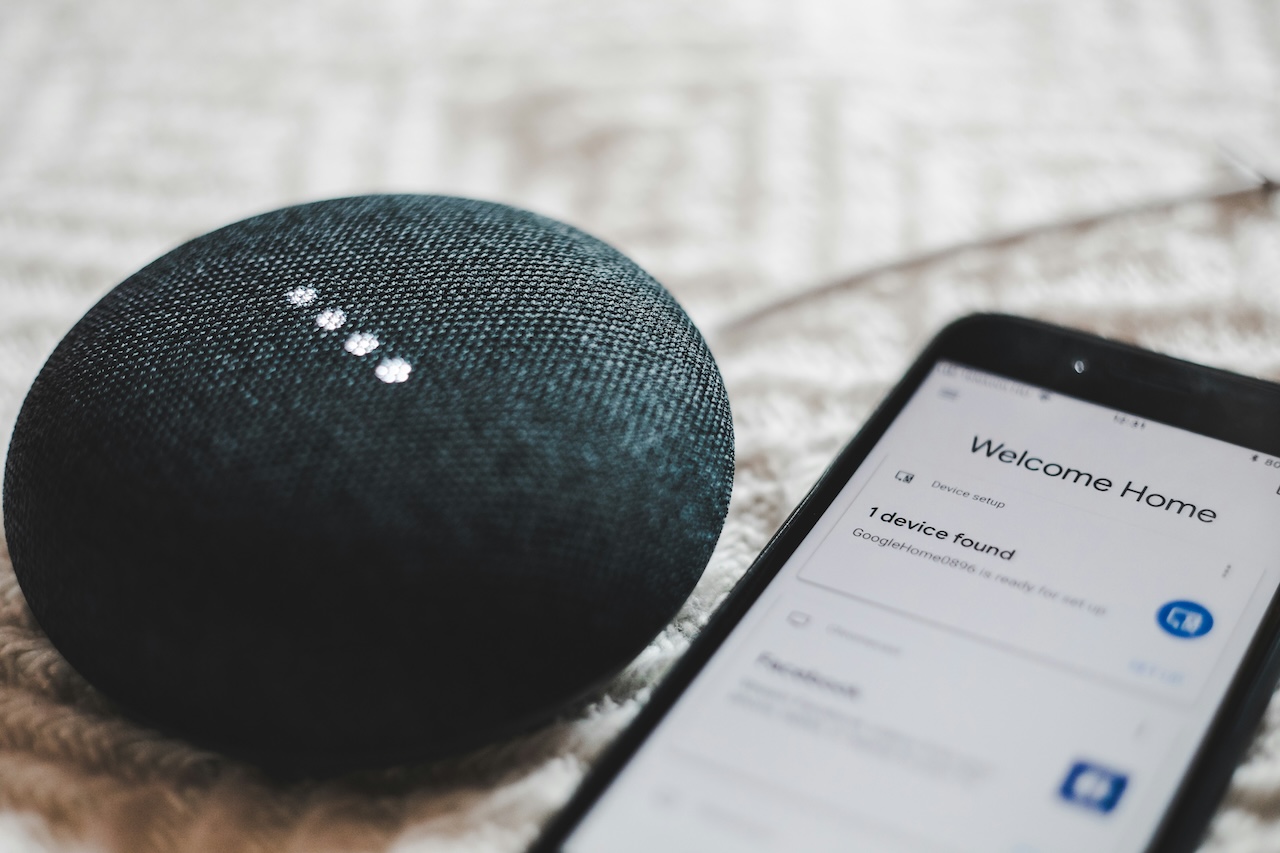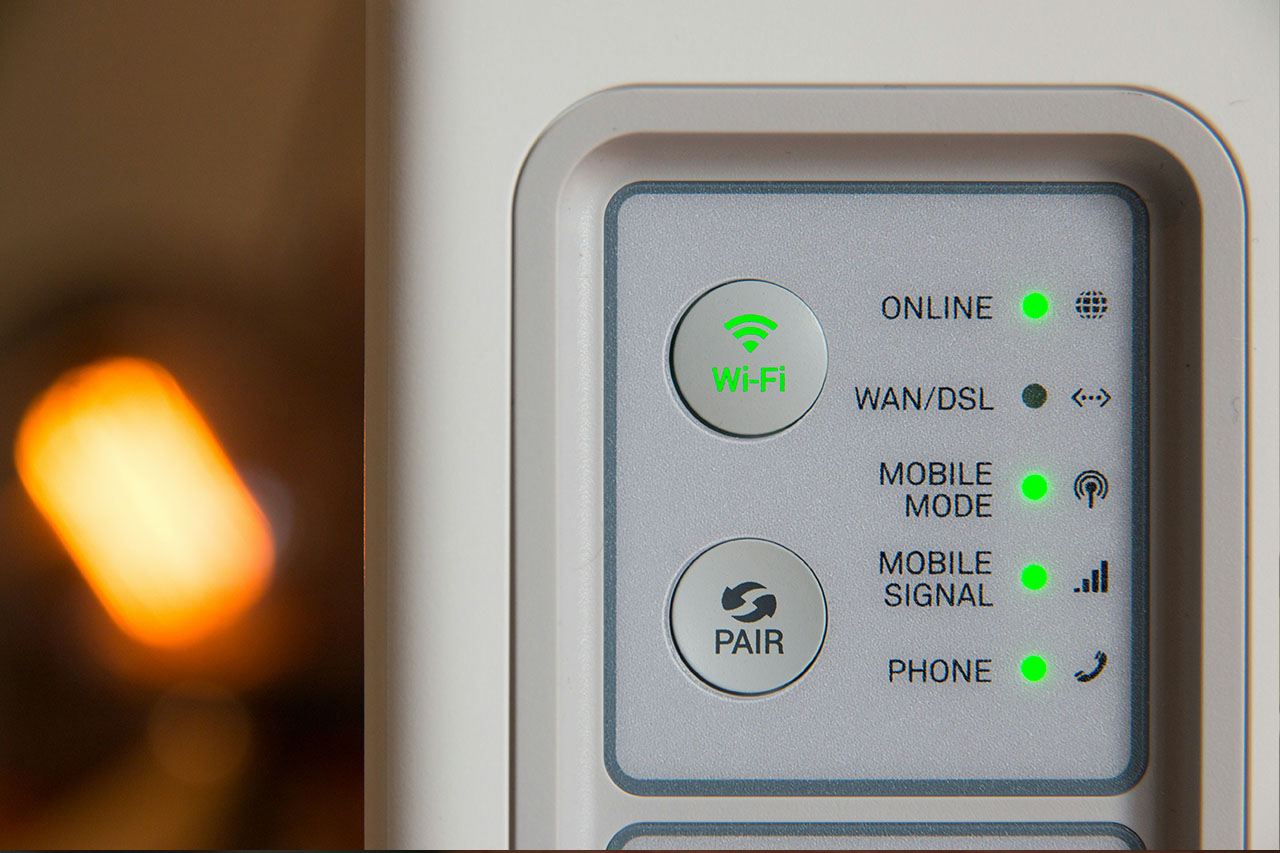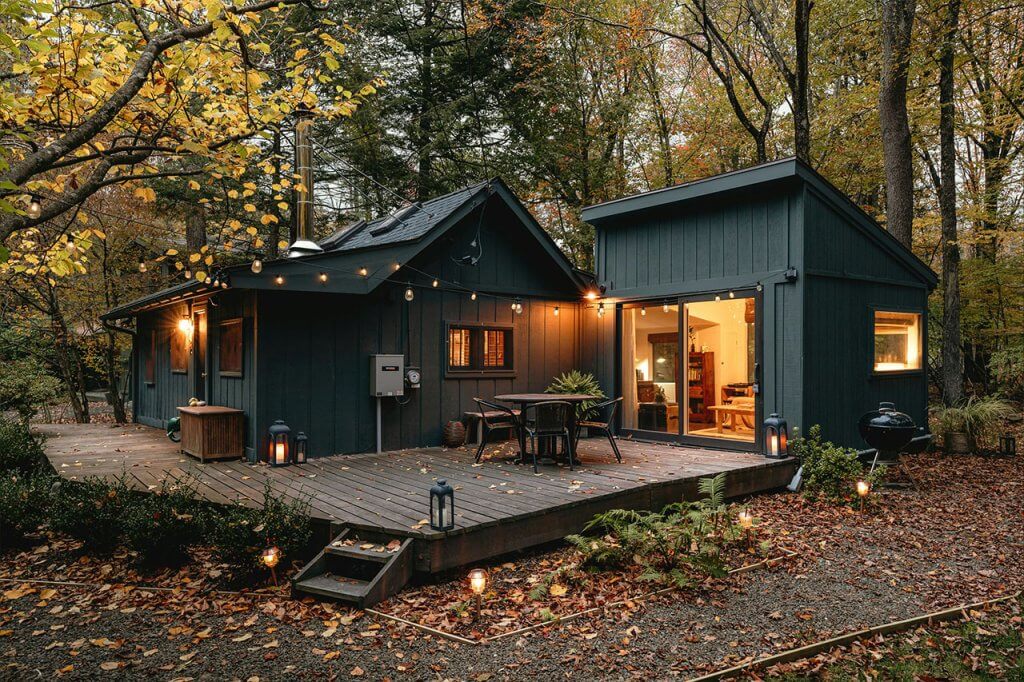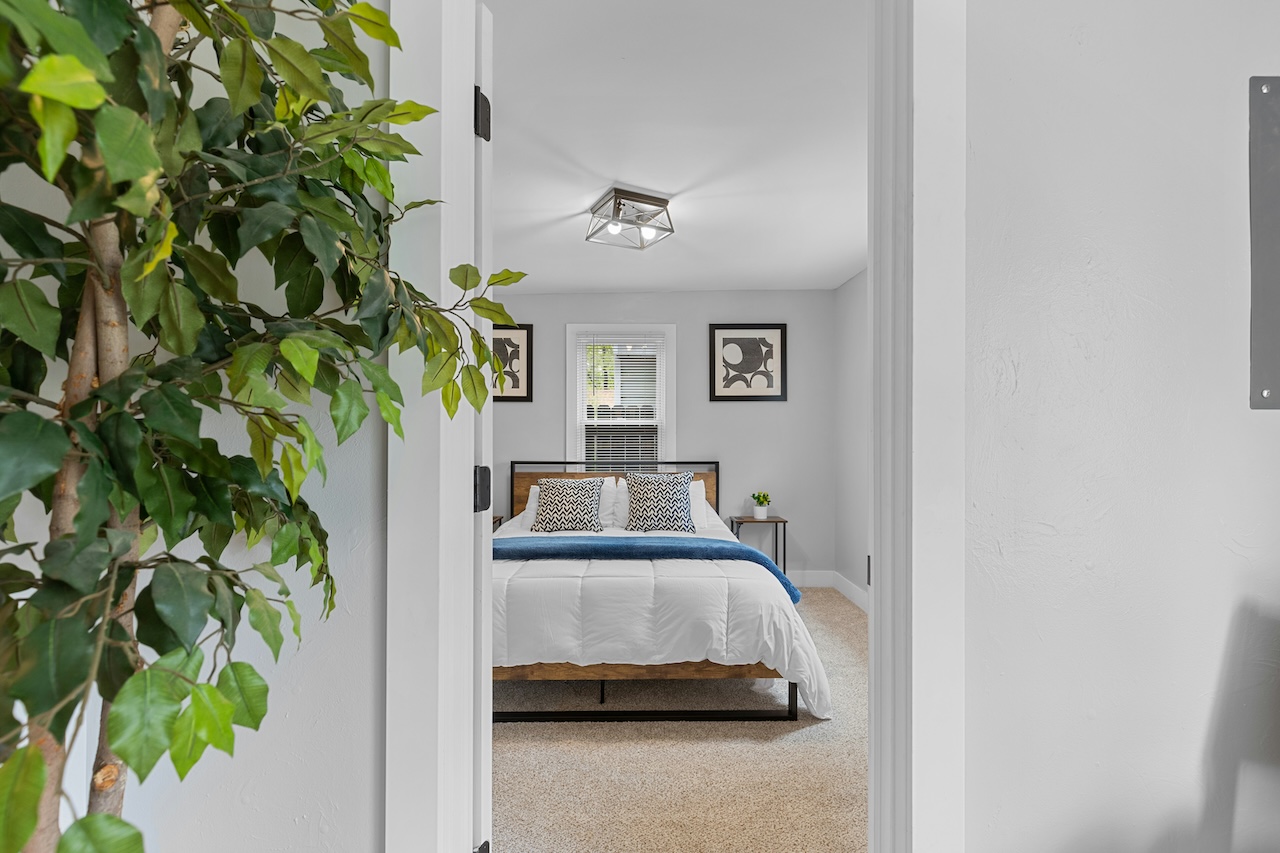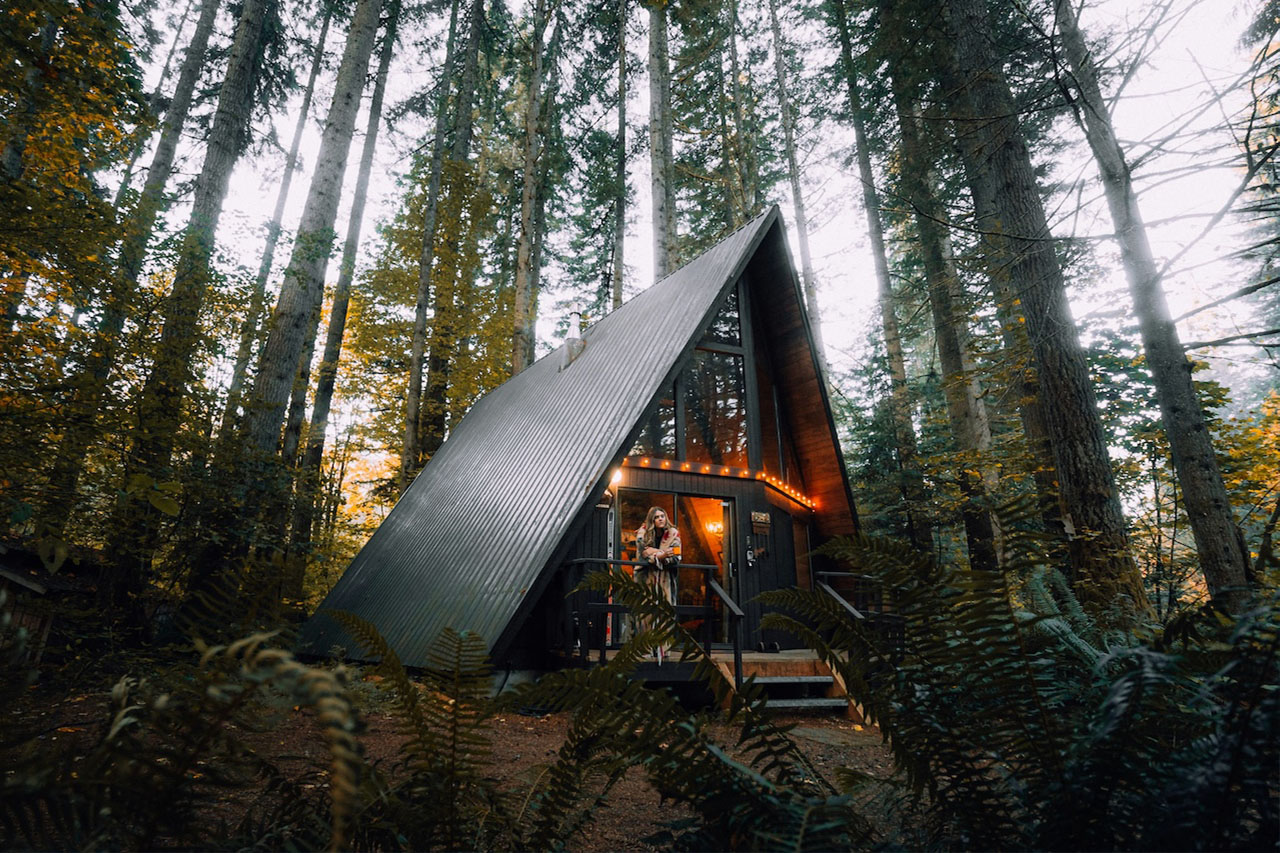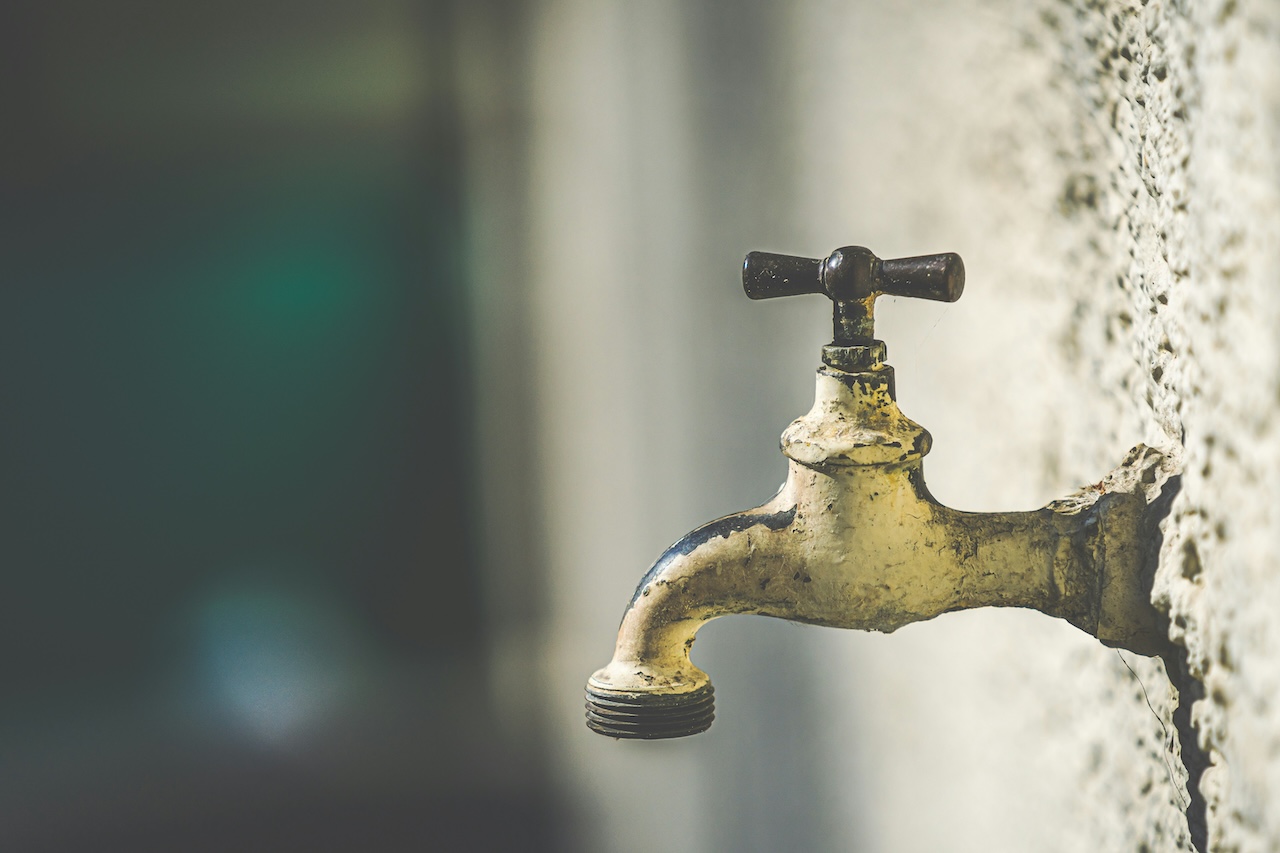As smart home technology becomes more accessible, many vacation rental owners are turning to Wi-Fi-enabled smart devices for automation and convenience. While these gadgets may seem like the obvious solution for managing your Airbnb, they also come with some serious downsides—especially for short-term rental environments.
In this article, we’ll explore why you should think twice before using Wi-Fi smart home devices and what better alternatives exist.
1. Network Congestion from Guest Usage
Wi-Fi networks are already under pressure in most short-term rentals. Guests often stream HD content, upload vacation photos and videos, and connect multiple devices as soon as they check in.
Adding several Wi-Fi-connected smart home devices to this mix can overload your router and degrade performance. This often causes lag, disconnects, or delayed responses from your smart devices.
For example, guests might experience delayed door lock access, or your thermostat might stop responding during peak internet usage—not exactly the smooth experience you’re aiming for.
2. Higher Energy Consumption and Battery Drain
Wi-Fi devices typically require more power than devices using other communication protocols like Z-Wave or Zigbee. Because they need to maintain a constant internet connection, their batteries often drain much faster.
In a short-term rental, this means:
- Changing batteries more frequently
- Unpredictable device behavior when batteries run low
- Higher long-term maintenance costs
If you want to install multiple sensors or switches around the home, consider how often you’ll need to replace batteries or troubleshoot dead devices.
3. Increased Security Risks
Every smart Wi-Fi device connected to your network can be a potential entry point for hackers. If even one device isn’t properly secured or updated, it could allow unauthorized access to your network—putting both your property and your guests at risk.
Risks include:
- Outdated firmware vulnerabilities
- Weak or unchanged passwords
- Open ports or poor encryption
And remember: guests often connect their own devices to your Wi-Fi, increasing the complexity of managing network security.
4. Internet Dependency Creates Reliability Issues
Most Wi-Fi devices rely on cloud access to function. If your internet service goes down—even briefly—those devices may stop working.
This can be a problem if you’re relying on:
- Smart locks for guest access
- Smart plugs to turn on/off devices
- Thermostats to protect pipes during freezing weather
Alternative protocols like Zigbee and Z-Wave operate locally and can keep your automation running even if the internet is temporarily offline.
👉 Pro Tip: Systems like Rental Home Automator have built-in retry systems so you don’t have to worry about brief outages affecting your setup – we’ll get it set as soon as it’s back online!
5. Privacy Concerns for Hosts and Guests
Wi-Fi smart devices often share data with the manufacturer or third-party services. In many cases, this includes usage patterns, voice commands, location data, and more.
For Airbnb hosts, this can create privacy concerns, especially if guests are unaware their behavior is being tracked.
You also take on liability for ensuring this data isn’t misused or compromised.
6. What Should You Use Instead?
For most short-term rentals, Zigbee or Z-Wave smart devices are better suited. These devices:
- Operate on dedicated frequencies, avoiding Wi-Fi congestion
- Use less power, extending battery life
- Run locally without depending on the internet
- Integrate securely through hubs like the Aeotec Smart Hub or SmartThings
At Rental Home Automator, we help hosts connect Zigbee and Z-Wave devices directly to their booking calendar—ensuring that automations just work, every time.
While Wi-Fi smart devices might seem convenient, they often bring more hassle than help in short-term rentals. Between network congestion, energy drain, security issues, and reliance on internet uptime, they’re rarely worth the risk—especially for essential functions.
If you do decide to use Wi-Fi-based devices, reserve them for non-critical automations (like decorative lighting or non-security-related appliances). For anything important, choose devices that are designed to be reliable and robust in rental environments.
Want to know which protocol is right for your property? Read our article on the best smart home automation protocols.
Check out how Rental Home Automator makes it easy to automate your Airbnb using smart, reliable tech.

